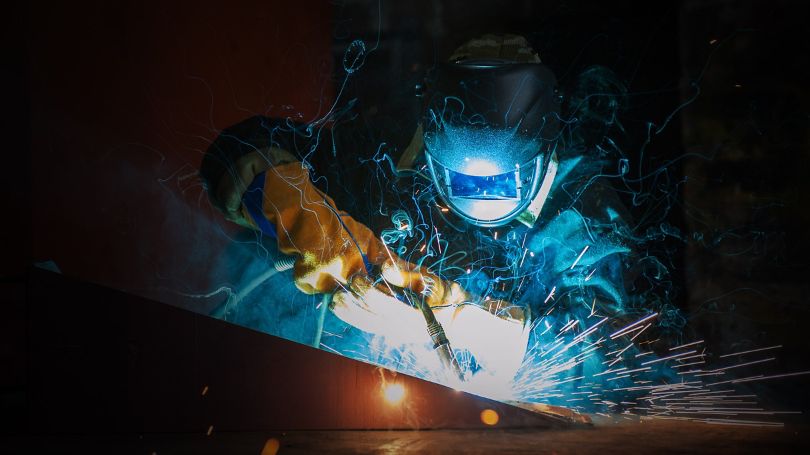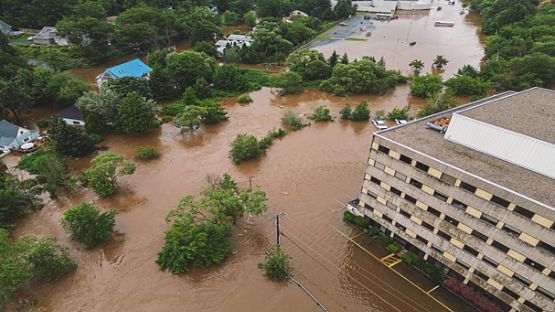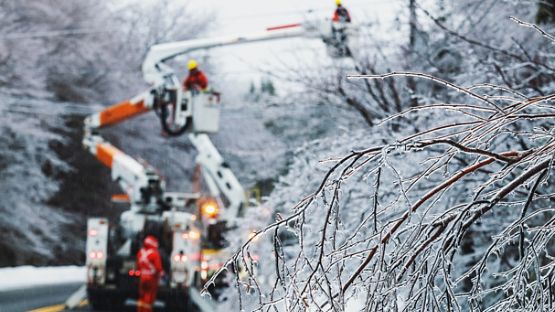Did you know that 28% of fire losses in residential dwellings are the result of cutting or welding too close to combustibles?
When we think of welding or soldering, many of us imagine that this kind of work is done in manufacturing facilities or closed construction sites. But hot work can be conducted almost anywhere there’s a need for it, including in residential buildings. This includes using hot torches on the roof or soldering in plumbing.
According to the National Fire Protection Association, cutting and welding too close to combustible materials is the most common factor contributing to fires related to hot work.
How can you protect your residential and workplace buildings from the risks involved with hot work? It starts with hiring the right contractor and ensuring you have adequate insurance coverage.
What is hot work?
Hot work is any process that can be a source of ignition, including:
- Welding
- Cutting or grinding
- Brazing or soldering (joining two metals together by melting metal)
- Torch applied roofing
- Pipe thawing
Hire a qualified, licensed contractor
If you need to hire a contractor to do roof, plumbing or other workplace repairs and upgrades that will involve hot work, it’s important that you find a professional who has a hot work permit and proven system in place.
Ask to see their hot work permit and review their system. If they don’t have a hot work permit or review system, you can ask your broker or Aviva Risk Management Solutions for a template. A hot work system will have precautions like these in place:
- Review the work and determine if it needs to be conducted or can be avoided
- Remove or cover combustible items or fire hazards
- Ensure fire extinguishers are close by
- Employ a good fire watch system of continuous fire watch for at least an hour and up to 3 more hours of intermittent fire watch
Ensure your work contractor has the right insurance limits
Once you’ve settled on the right contractor for the hot work job, it’s critical to review their insurance coverage. Most contractors will have $1 million in liability coverage in case of an accident, which may be sufficient to cover any losses.
But if your residential building and/or the equipment being repaired is higher in value, you may want to engage a contractor who has $5 to $10 million in coverage.
Learn more about hot work safety and procedures
For more information about hot work, talk to your insurance broker or Aviva’s Risk Management Solutions team at arms.canada@aviva.com.
Helpful resources to learn more:
- Hot work system template
- Don’t get burned by hot work
- Statistics from the National Fire Protection Association (NFPA)
- NFPA Today: Hot work incidents and statistics remind us of the importance of pre-incident planning and a dedicated fire watch in chemical, industrial and manufacturing settings
- Structure fires caused by hot work













